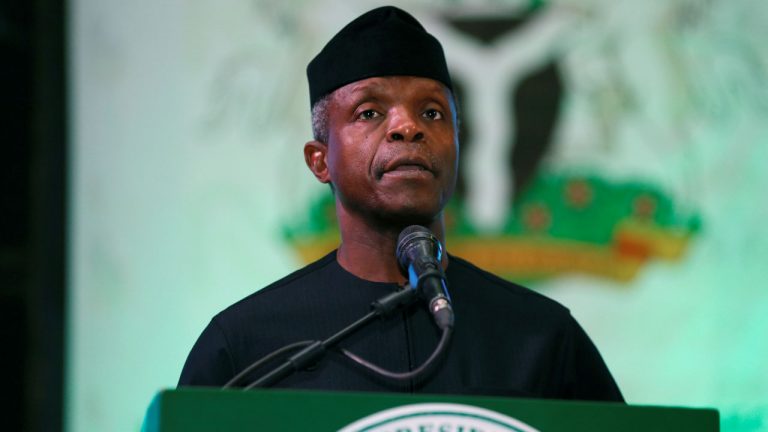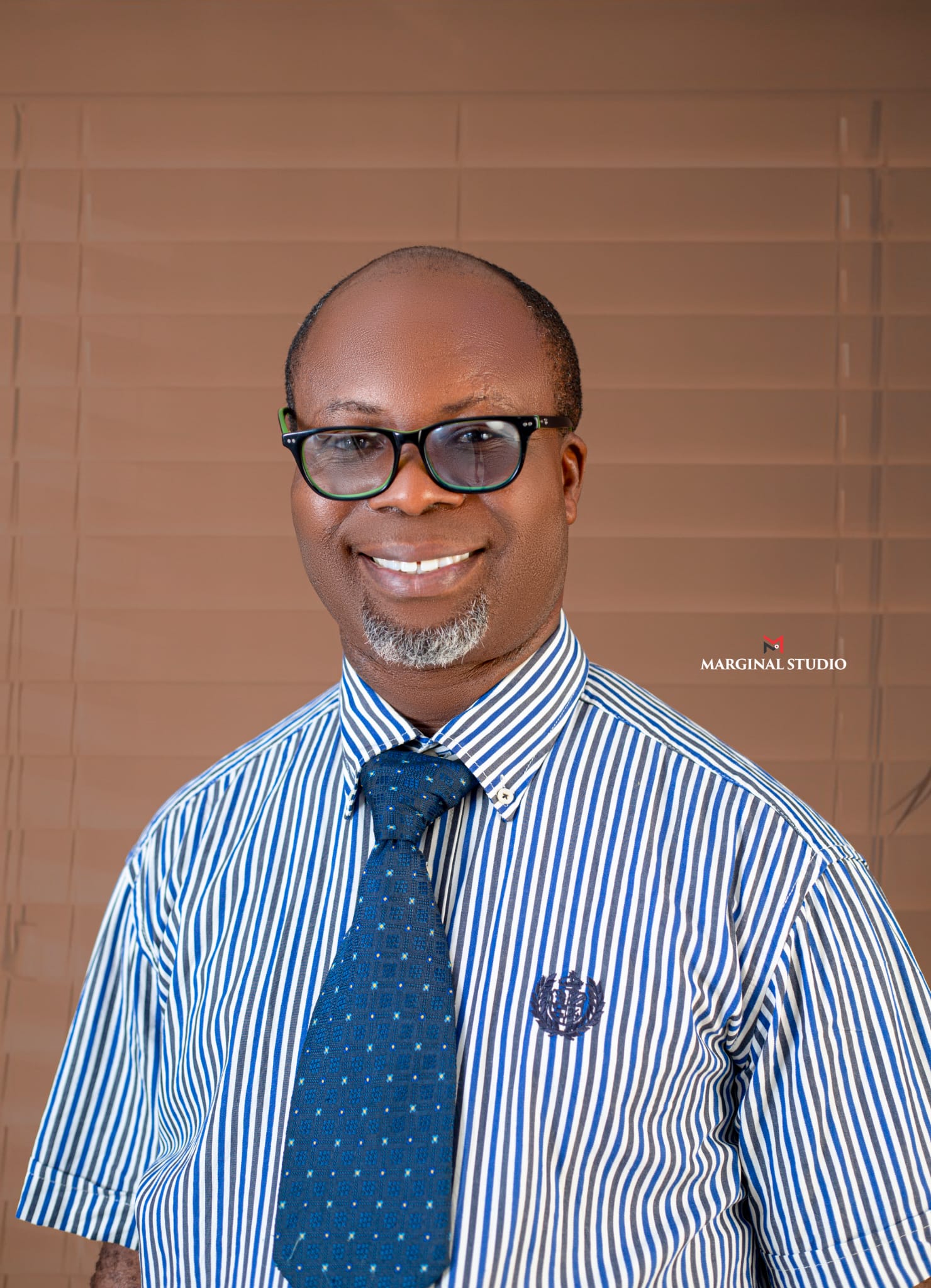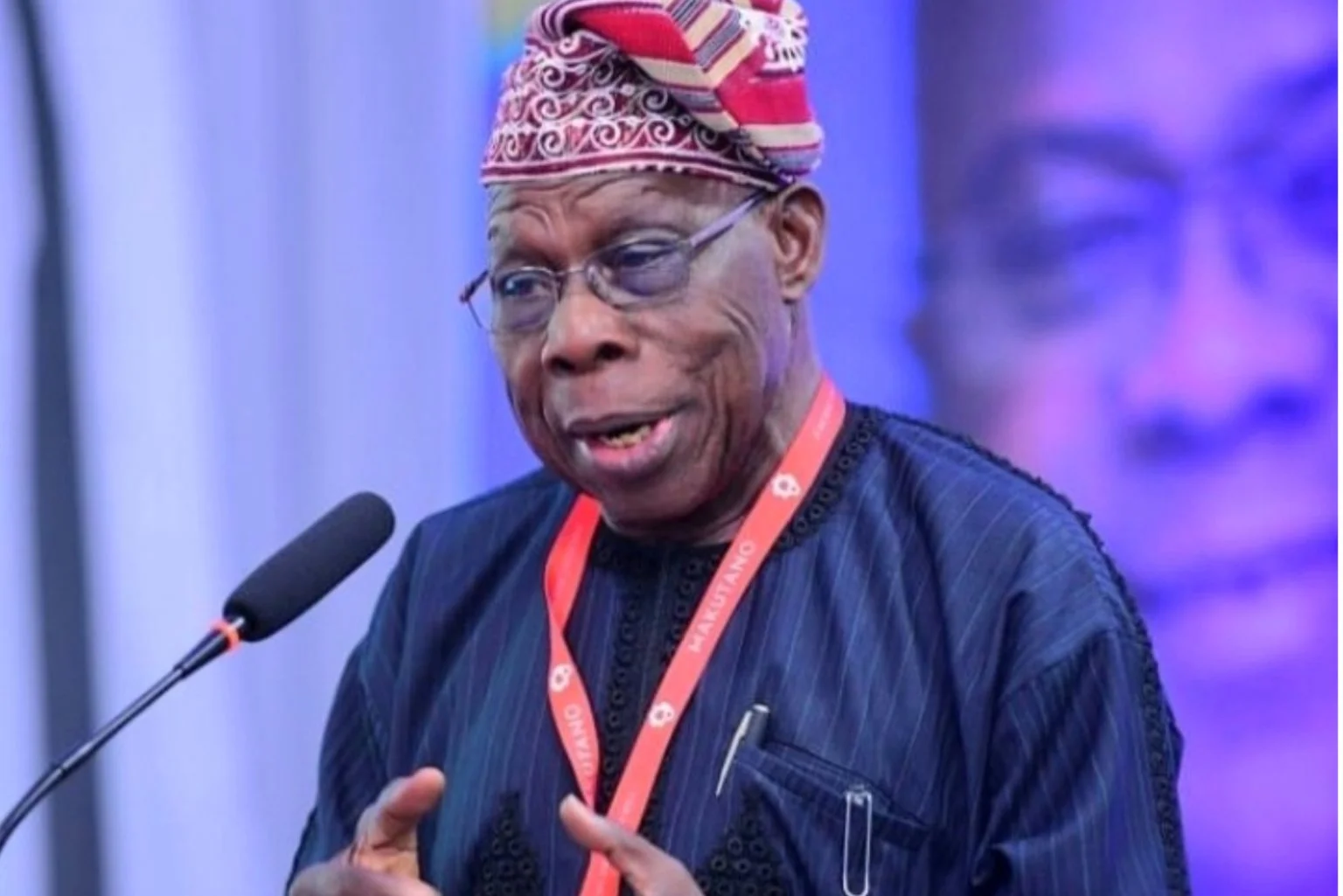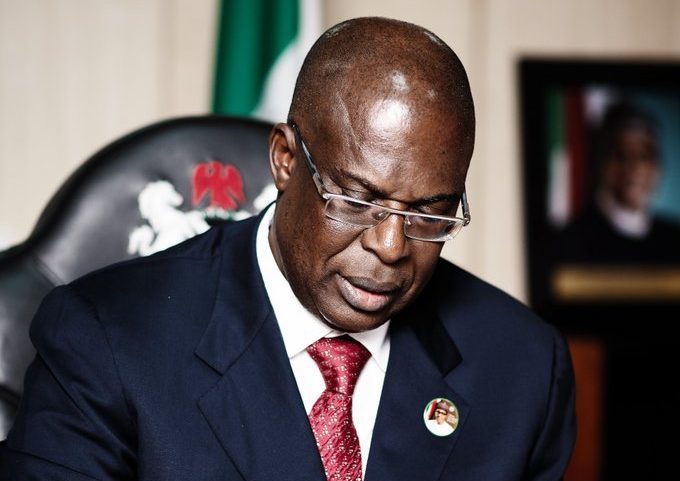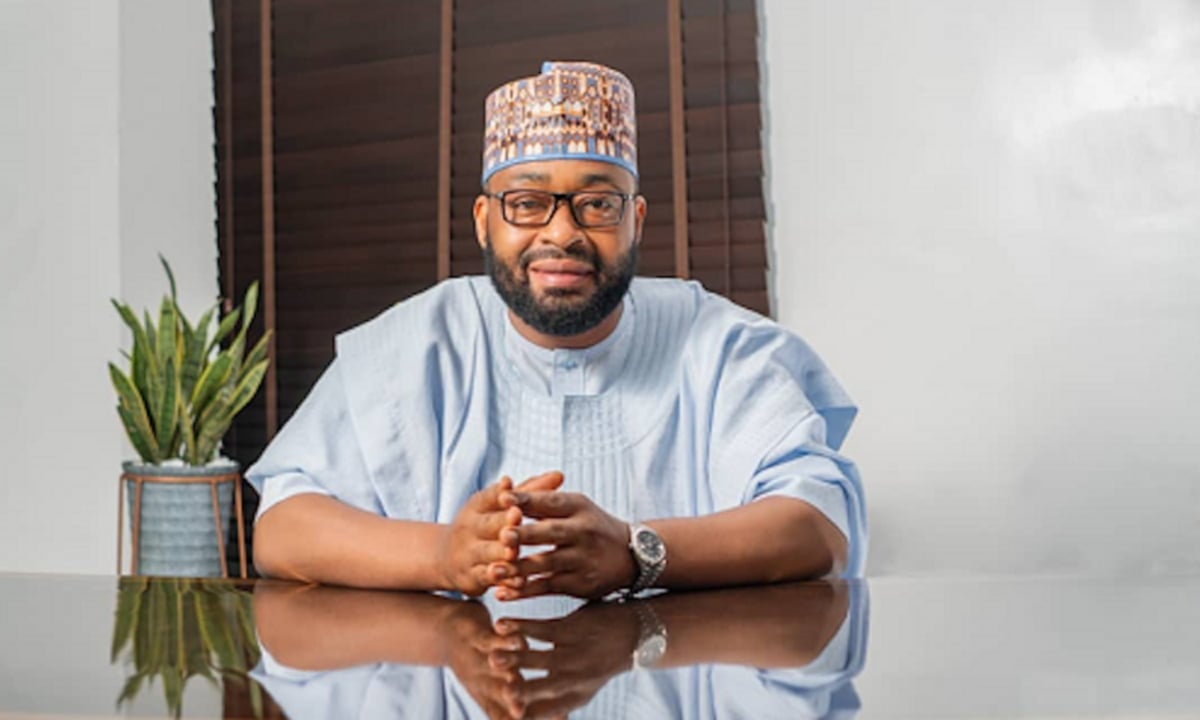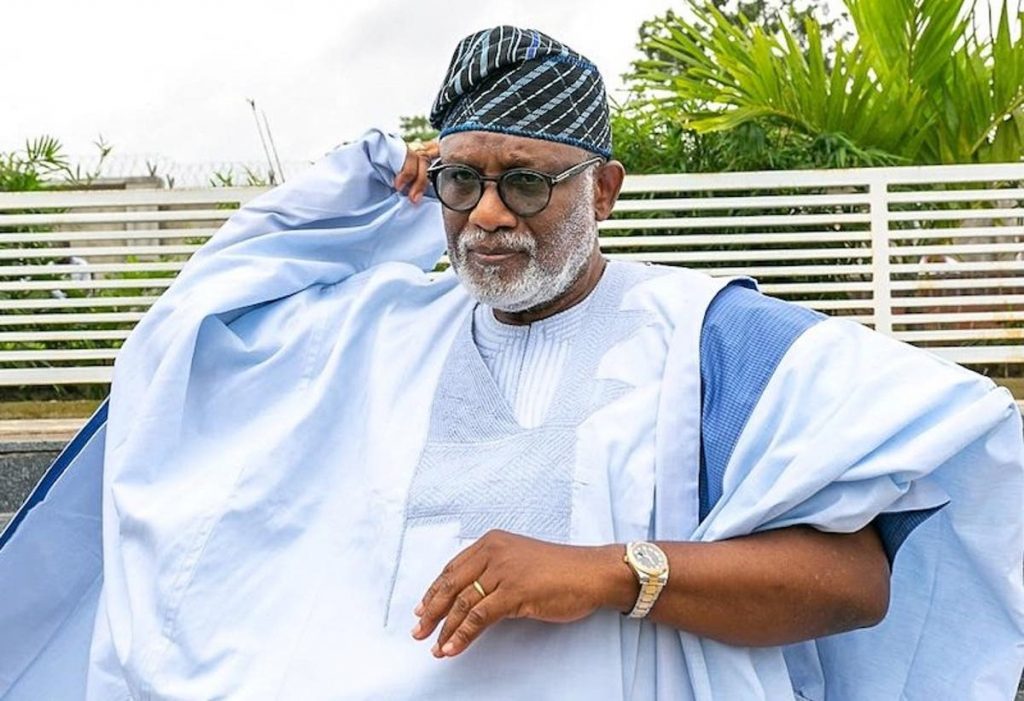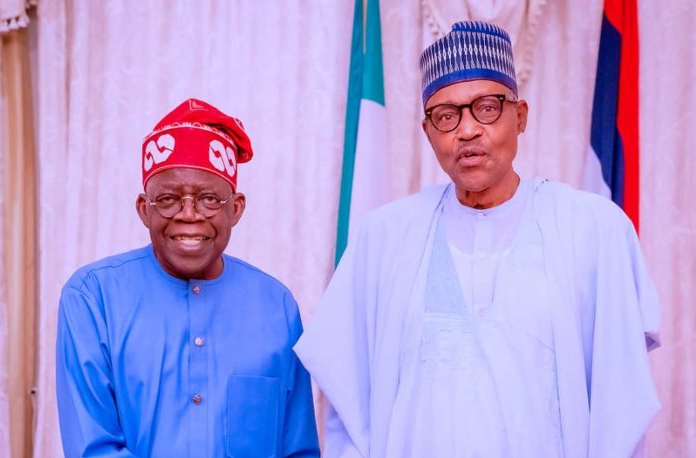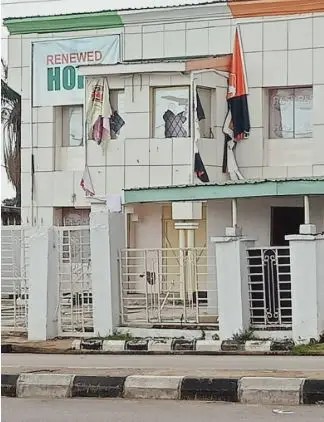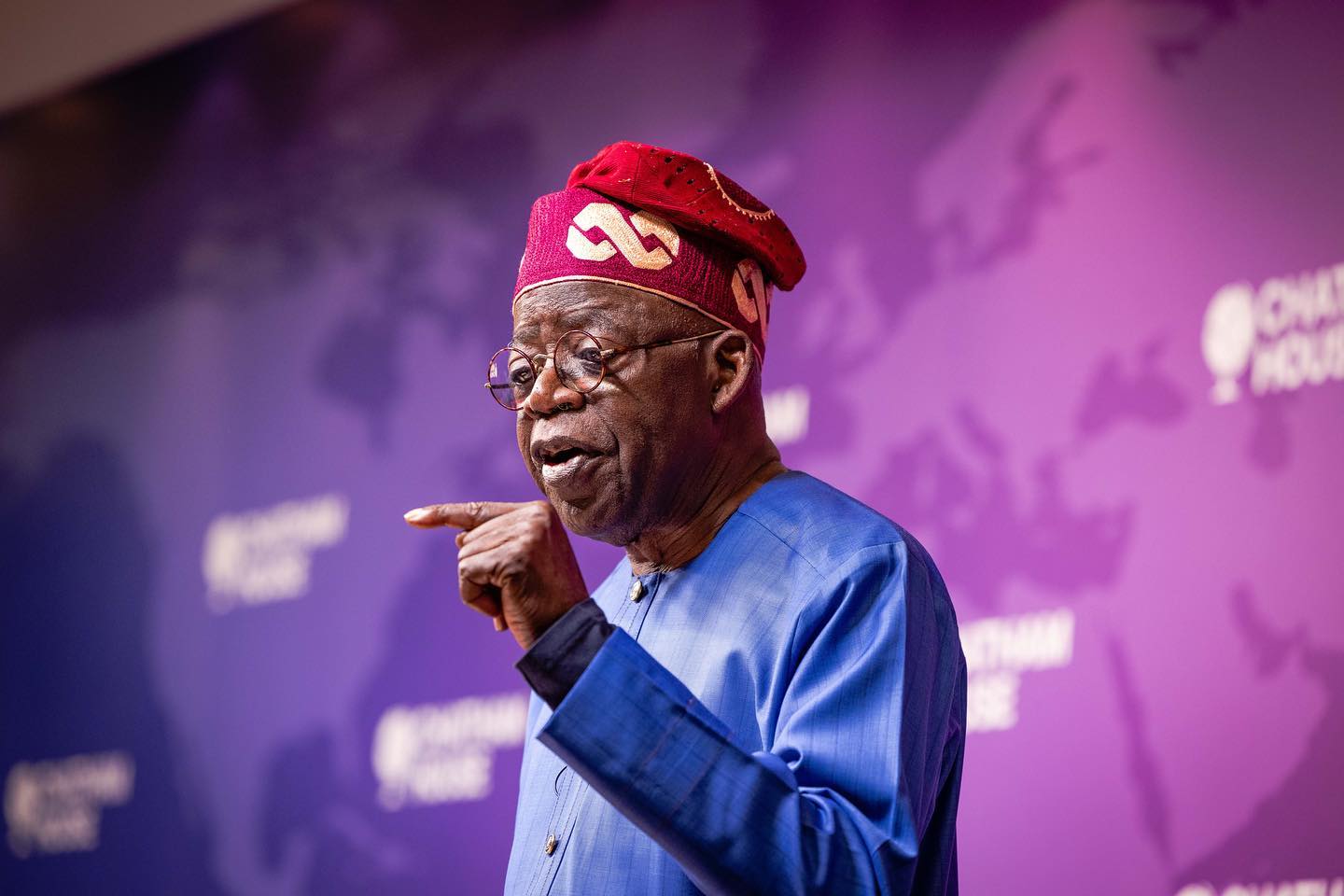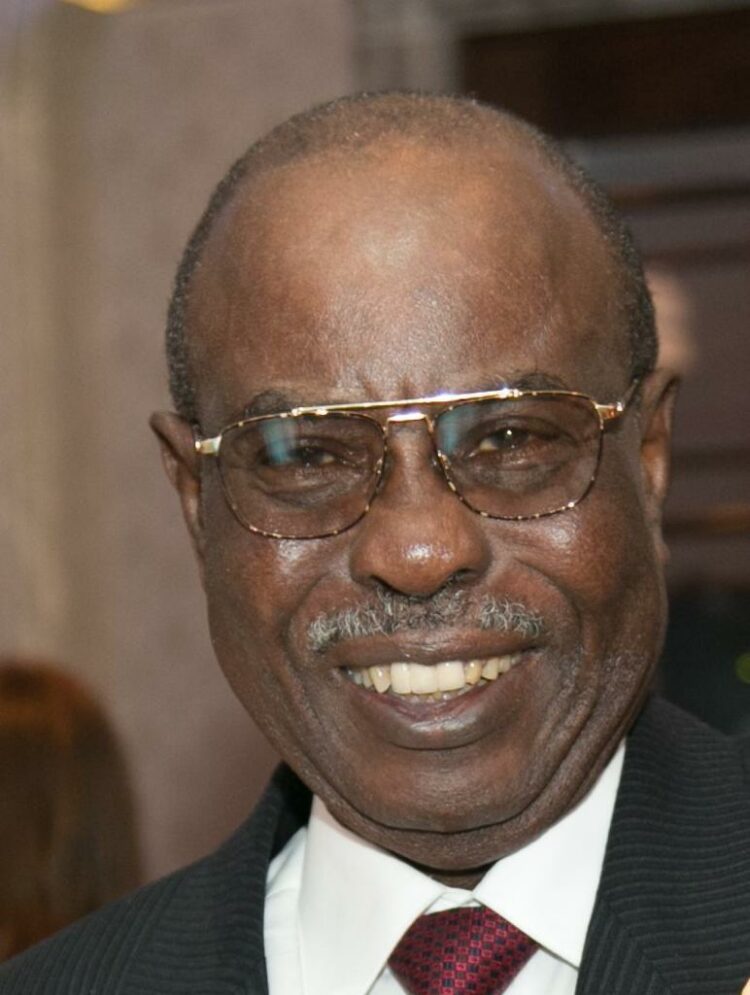Four senior lawyers on Thursday said Vice-President Osinbajo could not elect to waive his immunity because it was not about him but about the office of the vice-president, which he occupies.
A Lagos-based lawyer, Inibehe Effiong, says vice-president Yemi Osinbajo lacks the constitutional power to waive his immunity.
Effiong said this in a statement while reacting to Osinbajo’s vow to waive his constitutional immunity to pave the way for the “most robust adjudication” over an allegation that he took ₦90bn from the Federal Inland Revenue Service to fund the 2019 general elections.
The lawyer said the Supreme Court had ruled in the matter of Bola Tinubu vs I.M.B Securities Plc that a person holding any of the executive offices that has immunity cannot waive it.
He said, “Based on the extant constitutional regime, the vice-president Prof. Yemi Osinbajo, cannot waive his immunity. The Supreme Court decided in 2001 in the case of Tinubu v. I. M. B. Securities Plc that the constitutional immunity under section 308 of the constitution cannot be waived by the persons to whom the provision is meant to protect.
“In the said Tinubu’s case, former Governor Bola Tinubu decided to waive his immunity to defend a civil claim initiated against him. The Supreme Court barred the then governor of Lagos State from proceeding with the suit.”
The lawyer noted that immunity does not cover one from investigation, adding that there was no need for one to waive immunity in order to be probed by a law enforcement agency.
Effiong noted, “I wish to state that the immunity under Section 308 of the Constitution does not extend to criminal investigation by law enforcement agencies. This was the position taken by the Supreme Court in 2002 in the celebrated case of Chief Gani Fawehinmi v. Inspector General of Police.
Read also: Former French President dies at 86.
“Provided the investigation does not result in the arrest or detention of the vice-president or compelling his appearance, he can be investigated.”
Effiong, however, said although Osinbajo could not be sued, he had the power to sue for defamation.
He said the law empowers anyone holding such an office to be able to sue to certain extent.
The lawyer stated, “However, it should be noted that notwithstanding the immunity clause, the vice-president has the right to sue for defamation of character. While legal proceedings cannot be initiated against him, the Supreme Court and the Court of Appeal have decided in several cases that the immunity clause does not prevent the beneficiaries from suing for defamation of character.
“In other words, Prof. Osinbajo can sue but cannot be sued. This was the position taken by the Supreme Court in 2007 in the case of Global Excellence Communications Ltd. V. Donald Duke.”
The statement of Prof. Osinbajo is political. Immunity does not cover investigation therefore the question of waiver does not arise in the circumstance.
Two Senior Advocates of Nigeria, Chief Ifedayo Adedipe and Chief Mike Ozekhome, said Osinbajo could not elect to waive his immunity because it was not about him but about the office of the vice-president, which he occupies.
Adedipe said what Osinbajo proposed to do was like seeking to whittle down the constitutional powers attached to the Office of the vice-president.
He said the only way Osinbajo could waive the immunity was to resign from the office of the vice-president.
He, however, warned that if he does that, he might just be playing into the hands of those who actually want him out of office.
The SAN, who described the N90bn allegation as irresponsible and ludicrous, said it was regrettable that Osinbajo was a target of a smear campaign.
He described Osinbajo as one of Nigeria’s best minds and the kind of leader Nigeria needs in the 21st century.
Also disagreeing with Osinbajo, Ozekhome said, “He cannot waive criminal immunity because it was given by the constitution itself. It’s like saying grant me the right to breach the constitution. This has to do with the provisions of Section 308 of the constitution. You cannot waive a constitutional provision which applies to all people occupying that position and not to you alone.”
However, Ozekhome pointed out that though Osinbajo could not be sued by virtue of section 308 of the constitution, he needed not waive his immunity if he wanted to sue someone in defense of his right.
Trending: Police accuse lawyer of plot to kill Kashamu.
However, another senior lawyer, Mr Ajibola Oluyede, said the immunity was personal right rather than a public right and Osinbajo reserved the prerogative to waive it to stand trial and clear his name if he wished.
Oluyede said, “The idea that the person who occupies the office is powerless to waive the right which accrues to him by reason of his occupation is not correct. The right is not an amorphous right; it does not operate unless somebody occupies the office. It becomes a personal right of the person who assumes that office and not necessarily a public right. It is a personal right and he can waive it. He can say let them prosecute me, so, I can clear my name or that I am willing to commence proceedings against some people and I am willing to submit to any counter-litigation for the purpose of clearing my name for political reason or any other idea that is in consonance with the purpose.
“It will be different if he was trying to do that for the purpose of suing for contractual claim but I think in this case, he is taking that step for the right reason and there is no encumbrance restraining him from exercising that right, which is personal to him.” (Punch).

